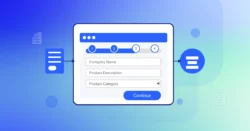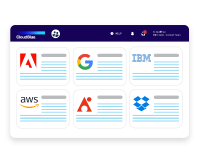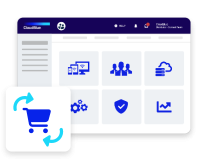Cloud compliance refers to the process of ensuring that a company’s use of cloud-based services and storage adheres to all relevant regulations, standards, and laws. As businesses increasingly move to the cloud, staying compliant becomes more challenging—and more important. With sensitive data being stored and transferred online, cloud compliance helps companies avoid potential legal issues, maintain customer trust, and protect their reputation.
Navigating cloud compliance isn’t just about ticking off a few boxes. Different industries have different standards (think HIPAA for healthcare or GDPR for European data privacy), and even geographical locations can add extra layers of requirements. It’s not a one-size-fits-all solution, but rather an evolving need that businesses must adapt to as their use of cloud technology grows.
In practice, cloud compliance means setting up policies, procedures, and controls to ensure all cloud-based operations meet regulatory requirements. These systems safeguard everything from data privacy to network security, ensuring that a company operates within the legal framework of its industry.
Key elements of cloud compliance include:
- Data Encryption: Ensuring all sensitive data is encrypted during both storage and transmission to prevent unauthorized access.
- Access Controls: Implementing strict user access permissions to limit who can view or modify cloud-stored information.
- Audit Logs and Reporting: Keeping detailed logs of system activities to track compliance and provide transparency during audits.
- Regular Compliance Audits: Performing periodic checks to ensure cloud providers and internal processes meet ongoing regulatory standards.
- Disaster Recovery Plans: Developing protocols to protect data and maintain compliance in case of outages or breaches.
Ultimately, cloud compliance is a crucial part of managing cloud services, ensuring that your business remains protected and adheres to necessary regulations.













